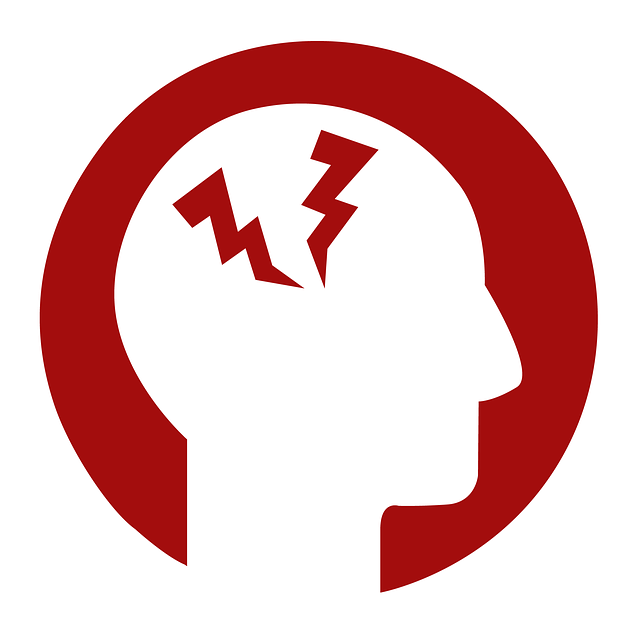As I was clearing files on my computer, I went through a folder that contained a number of courses that I developed a number of years ago, while I was doing speaking engagements and writing and licensing my workshops for schools.
I haven’t looked though them in years, so some of the information is definitely outdated now.
The style that I designed them in could also certainly do with some updates.
That said, the main information is still good.
Since some of the workshops were licensed, I cannot be sure that the people who licensed them from me aren’t still using them or have made modified versions of them.
Though they have assured me that they are no longer using my material, they are running businesses, and how can I be truly certain? There is always some kind of duplicity in people like that.
They can say that they aren’t using my material after making modifications to them, and make that statement technically true.
I suppose one way of going forward is to ignore it and take them at their word.
Another way of doing it is to relaunch my programmes - after some updates.
A third way is to upload it all for free and simply allow the market access to it.
I’m not sure yet which route I’ll take.
Time will tell.
This is the cover page for one of the modules in a series I wrote on Healthcare




